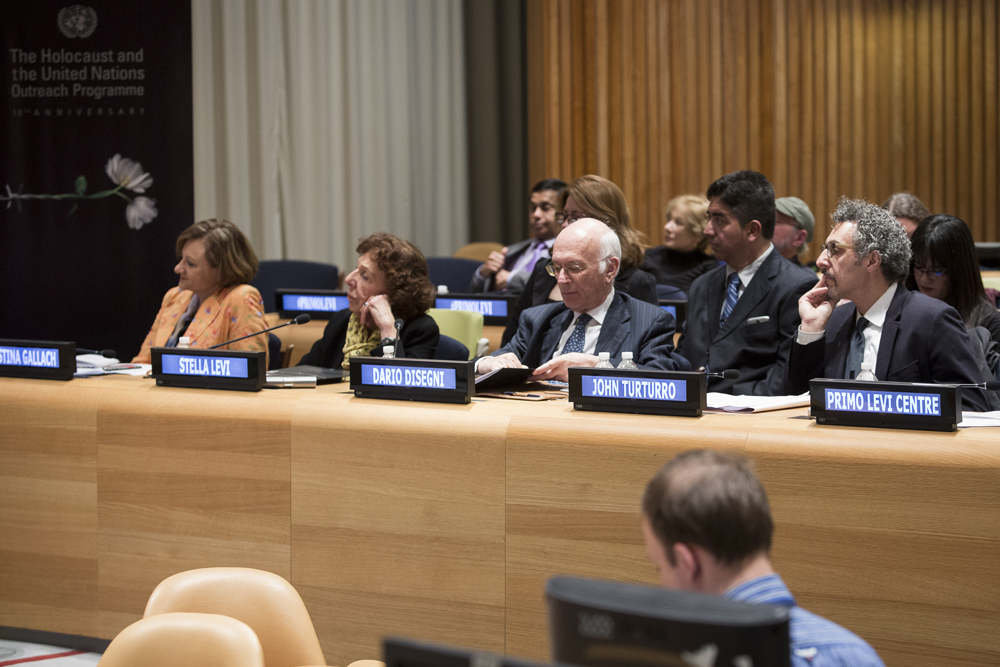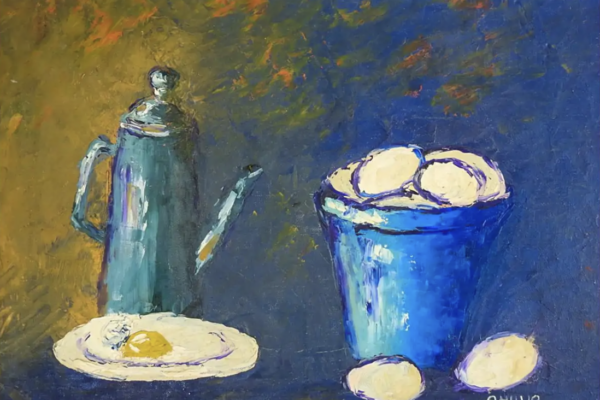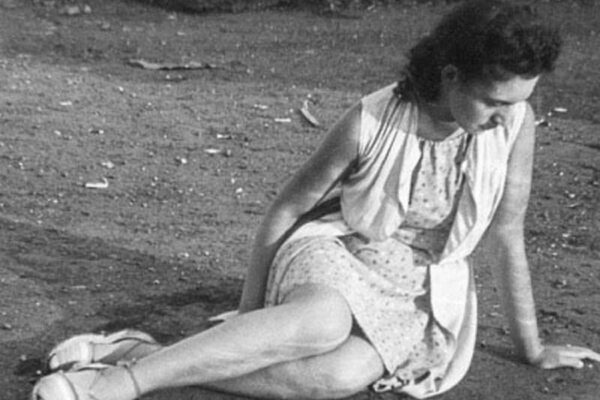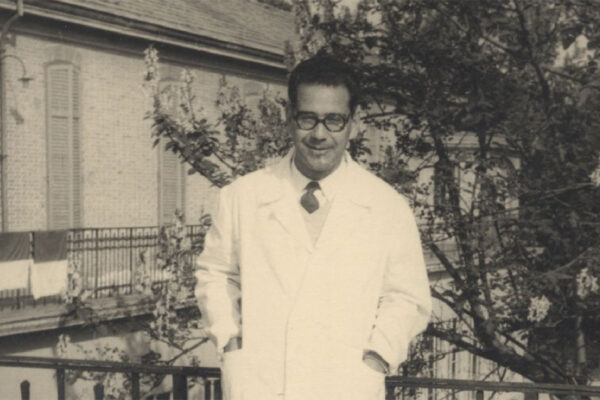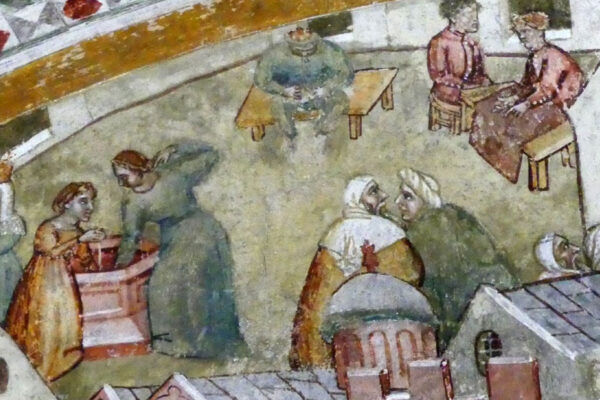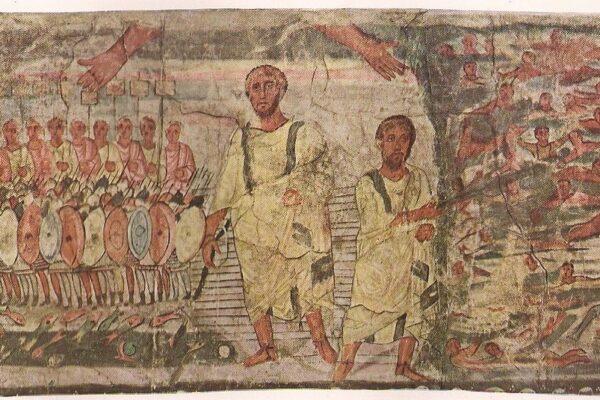As President of the National Museum of Italian Judaism and the Shoah and Vice President of the International Primo Levi Studies Center, it is a true honor for me to be speaking at the United Nations on this occasion.
This is a very important moment. Following the translation into more than forty languages, the recent publication of Primo Levi’s Complete Works in English confirms Levi’s international stature in contemporary literature and thought. This translation shows the relevance of his reflections and ideas in the face of today’s world crisis.
Primo Levi lived in Italy during the last century. His testimony as a deportee to the death camp of Auschwitz is lucid and intelligent. It helps us ponder the history of Europe and the world, the violent traumas that struck then and remain an open wound for all of humanity. It helps us reflect on human nature and ourselves.
Levi’s curiosity as a chemist and a man of science, and his ethical humanism help us see the nexus between the achievements of the human mind and the responsibility that comes with them.
Primo Levi travelled through many worlds. His writings crossed over the most varied literary genres: memoir of the extermination of the Jews, war novels, scientific essays, newspaper articles on current events, poetry, science fiction as well as the translations of important writers such as Franz Kafka and Claude Lévi-Strauss.
Levi’s imagination, his meticulous choice of words and his irony provide us with a crystal clear expression of the leading role he assigned to the search for truth, to the extraordinary potential of language, and to the ethical dimension of life.
The International Primo Levi Studies Center of Turin has been working for nearly ten years to highlight and present to a great variety of readers, especially young people, the rich repository of ideas, often still unexplored, that the work of Primo Levi has to offer. The Center has been working in collaboration with scholars from many countries and institutions.
The soon-to-open National Museum of Italian Judaism, which is being completed at Ferrara, will focus its attention and thoughts on Primo Levi as one of main personalities of the twentieth century.
Todays’s roundtable “After the Holocaust – Primo Levi and the Nexus of Science, Responsibility and Humanism” represents an especially significant moment in the ongoing work of the two institutions that I have the honor to represent.
For this reason, I would like to express my sincere emotion of great appreciation and gratitude to the Holocaust and United Nations Outreach Programme and the Primo Levi Center of New York for taking the initiative to organize such a remarkable event.


